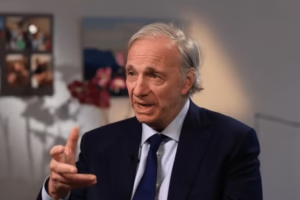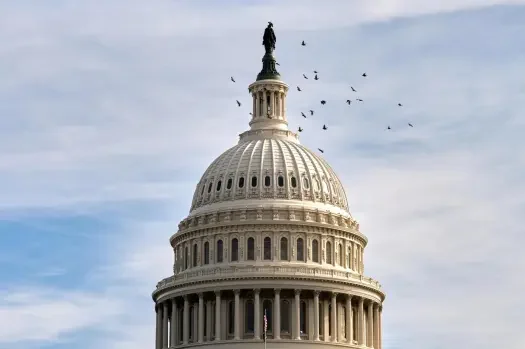The ongoing government shutdown, now the longest in U.S. history at 36 days, has led to deep divisions within the Senate Democratic caucus over how to resolve the stalemate. Centrist Democrats are signaling a willingness to negotiate with Republicans, indicating a deal to reopen the federal government could be close. This potential deal would involve restoring regular appropriations and committing to a vote on extending expiring Affordable Care Act (ACA) health insurance premium subsidies. However, progressive Democrats insist that reopening the government without a firm guarantee on the extension of these subsidies—or a meaningful concession from President Trump—would be a serious mistake.
Negotiations between senators are making cautious progress as both parties aim to navigate through the deadlock. Senate Republican negotiators have expressed optimism about an impending breakthrough, even as some centrist Democrats remain wary of President Trump’s engagement level on healthcare issues, which continue to be the main obstacle to resolution. The debate also includes disagreement over the duration of a proposed funding patch, with some favoring a deadline in December to avoid holiday disruptions, while Republicans generally support extending it to January.
The shutdown impacts are mounting, with federal employees missing paychecks, worsening nationwide flight delays due to shortages of air traffic controllers and TSA agents, and food stamp benefits being frozen for millions dependent on federal assistance. Representatives from both parties are motivated to resolve the crisis soon, especially considering the recent elections that may have shifted the political dynamic.
Meanwhile, progressive Democrats like Senators Bernie Sanders, Elizabeth Warren, and Chris Murphy urge their colleagues to resist compromising without strong commitments on healthcare subsidies, emphasizing the moral obligation to protect millions of Americans from losing access to health care.
Centrists, including retiring Senators Jeanne Shaheen and Gary Peters, are pushing for a framework that would ultimately bring the government back into operation while addressing the healthcare subsidy issue through a guaranteed floor vote. However, the final details remain fluid, and party leaders like Senate Democratic Leader Chuck Schumer face significant pressure from both sides of the debate.
In summary, Senate Democrats are sharply divided with some ready to strike a deal to end the shutdown soon, while others demand stronger healthcare concessions before agreeing to reopen the government. Bipartisan talks continue amid a sense of cautious optimism, though uncertainty remains on when and how the longest U.S. government shutdown will ultimately conclude.















